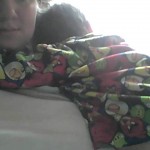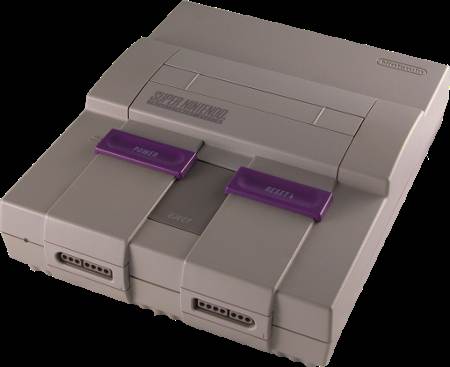
I’m open to people reading my works and telling me exactly what they think. After all, I wouldn’t be sharing my writing if I didn’t want a reaction.
When I finished my novel in December of 2011, I was tired and proud. Nervous, too, because it was the longest sustained work I’d ever written. Nervous because the protagonist is female and I’m not and by daring to write her the way I did I’m opening myself up to criticism that I don’t know how women behave.
Worse, still, I was worried that I would be revealed to be a fraud as a writer, too. That my skill at turns of phrase and world-building and simple sentence construction were terrible, awful, and not deserving of anyone’s time to read was perhaps my biggest fear. (Run-on, overly complicated sentences notwithstanding.)
So I really, really thought hard about what I wanted from a critique of my work.
Honesty, more than anything else.
If my writing can’t elicit any kind of reaction from a reader, I don’t deserve to have my work read. It’s one thing to just spew words on a page or a screen and hope for the best but once a story is written, I want you to feel something. Anything. Revulsion is fine but in general not the reaction I write for. Sadness is better. Shock. Any kind of reaction. Happiness is best.
The best stories move the reader. If I can do that I’m better at this than I thought.
So when I get notes back from editors or first readers, that’s what I’m looking for.
Now, that said, I will read through the comments and then put them aside for a while. I’ve been infuriated at a couple of comments because it was obvious that the reader just didn’t get it. As recently as a couple of years ago I would be upset with the reader who told me what I didn’t want to hear. But since I’ve asked for honesty, I have to admit that if the reader didn’t get what I was going for it was because I didn’t do my job as a storyteller.
Dammit.
That meant I had more work ahead of me. It meant more time in a world I thought I was already beyond. It meant I didn’t know enough. It meant more revision, more re-writing, and more work.
In general, the feedback I’ve received has pushed me to become better, to tell the stories more clearly, to WRITE. But that dissatisfaction with my skills can overwhelm me and I will set aside a work that doesn’t fire back with the reaction I hoped for.
But worse, it’s no reaction at all that’s so discouraging.
I won’t go all knee-jerk and fire up inflammatory responses because that’s unprofessional. But what I say in the privacy of my own writing space… Well, let’s just say that I’ve been harder on myself than on anyone I’ve asked to read my stuff.
When it’s said and done, critiques are difficult for me but they spur me to work harder. What I have to avoid are the shortcuts that put me in the wrong place to start with.
You know, if I’m being honest about it.


